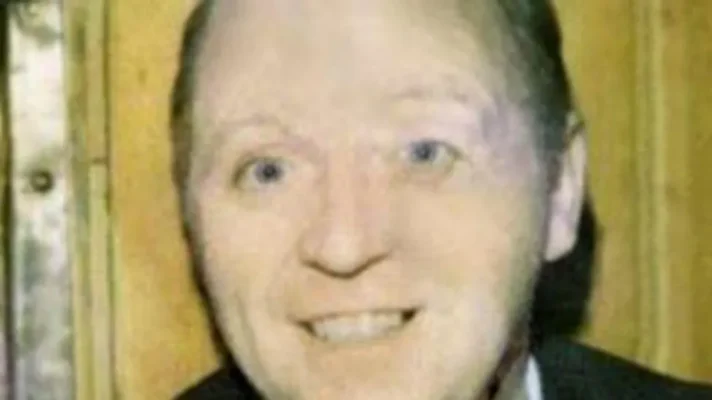
William McGreanery (41) shot dead by British soldiers in Derry
Mr McGreanery died on 15 September 1971, a week after a soldier opened fire from an Army observation post overlooking the Bogside.
The direction for a new inquest comes a day after the Prosecution Service (PPS) said there was insufficient evidence to prosecute the soldiers suspected of shooting him dead.
The family of the 41-year-old said the inquest offered them “a glimmer of hope”.
“We were uplifted by the news today that the Attorney General has ordered a fresh inquest into Billy’s death,” Mr McGreanery’s nephew Billy told BBC News NI.
“This gives us a glimmer of hope for the future. We still have the resolve to fight on and get justice for our uncle Billy”.
He said the PPS decision was a “major setback”.
When he was shot, Mr McGreanery was unarmed and presented no threat to any soldier, the PPS said on Monday.
However, the evidence, they said, was insufficient to proceed with a prosecution.
The McGreanery family solicitor Gary Duffy said some of the family’s distress at Monday’s decision “has been alleviated to an extent in light of the Attorney General’s decision that a new inquest would be advisable”.
He added: “The announcement couldn’t be any timelier, coming as it does less than 24 hours after the PPS decision, and indeed less than 24 hours before the Legacy Act cut off date”.
Under the act, prosecutions that are currently ongoing will continue to conclusion.
Any case after 1 May would become the responsibility of a new body set up to investigate Troubles-related killings – the Independent Commission for Reconciliation and Information Recovery (ICRIR).
The Irish government has mounted a legal challenge to the act in the European Court of Human Rights.
The PPS also said on Monday there was insufficient evidence to prosecute soldiers suspected of shooting 14-year-old Annette McGavigan.
A fresh inquest has also been ordered by the Attorney General into her death.
The teenager was shot dead by the Army during rioting in 1971.
She was the 100th civilian killed during the Troubles.
Tags:




